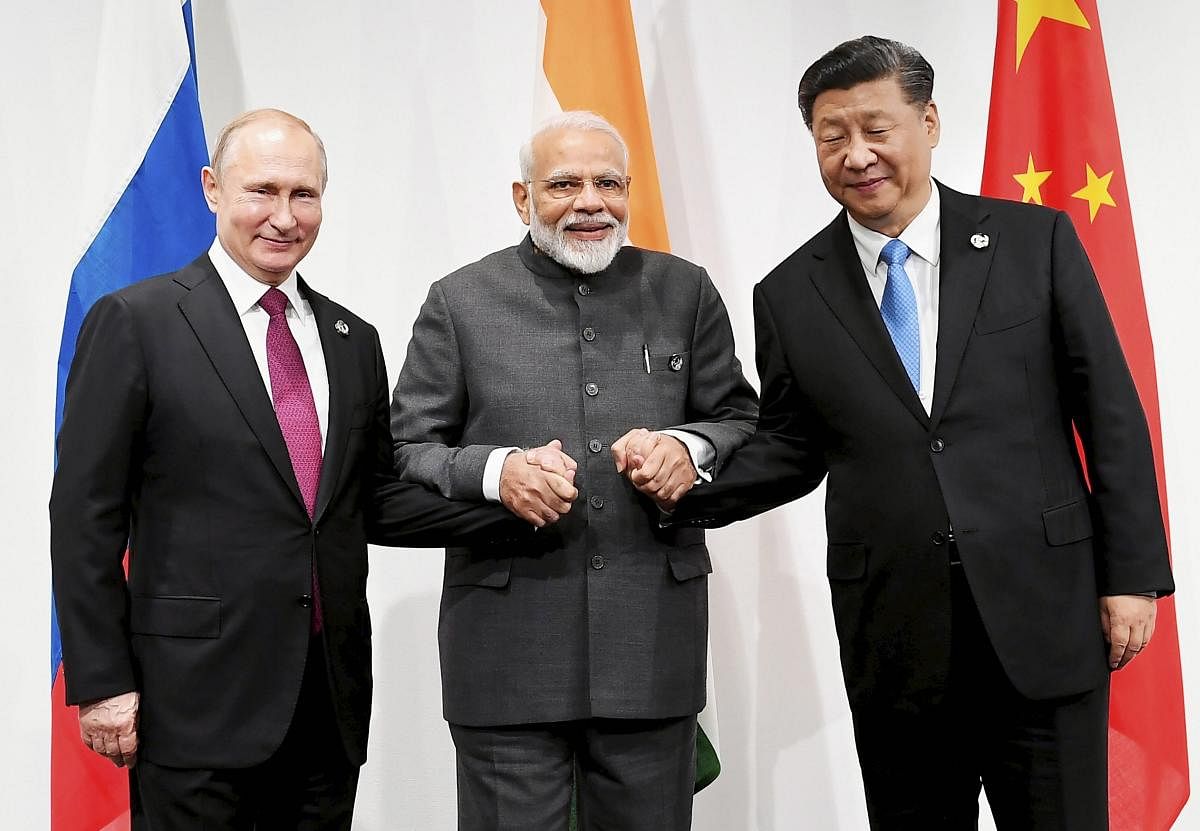
The annual G-20 meetings are more important for their processes and sidelines than for their outcomes. As a forum of 20 countries that between them account for about 85% of the world’s GDP, it is a representative body, though an unwieldy one. Consensus decisions on many issues are not easy because countries have differing views and perceptions on most of them. But the opportunity to discuss them that the forum provides is important, and the presence of the heads of state and government adds weight and value to the discussions. But more important are the talks at bilateral and multilateral levels among the leaders, and the decisions and agreements reached there are often more notable than the sentiments and views expressed in the summit’s communique. This was the case with the just concluded Osaka summit, too, where US President Donald Trump, Chinese President Xi Jinping, Prime Minister Narendra Modi and other leaders met bilaterally and in groups and took decisions which were important for their own countries and the world.
An important outcome of Modi’s bilateral meeting with Trump was a pause in trade tensions between India and the US. A day before the meeting, Trump had demanded that India should withdraw the retaliatory tariffs against American duties on steel and aluminium. But at the meeting, the leaders decided to give another chance for talks, to be held at the ministerial level. The potential for collaboration between the two countries over 5G technology and the differences over Iran and Russia were also discussed and this should hopefully help to lessen the recent strains. The prime minister also held over 20 bilateral and other meetings with the leaders of China, Russia, Japan, Brazil and other countries which helped to promote common interests. Another welcome outcome was the decision by the US and China to suspend their trade war till the time an agreement is reached on contentious issues. This, too, came out of a bilateral between Trump and Xi and is important not only for the two countries but for others, too.
Global cooperation and combined actions are necessary in meeting challenges like climate change, corruption, pollution, terrorism, technology sharing, data flow management, etc. There were agreements and disagreements on these issues among the members. The US again put on record its opposition to the Paris Accord and India expressed its reservations over the move for free global flow of data. When there is a rising tide of protectionism and self-centred policies among nations, opportunities for discussion on issues of common concern to the whole world, as provided by forums like G-20, are critical for nations to avoid a slide towards dangerous hostility.